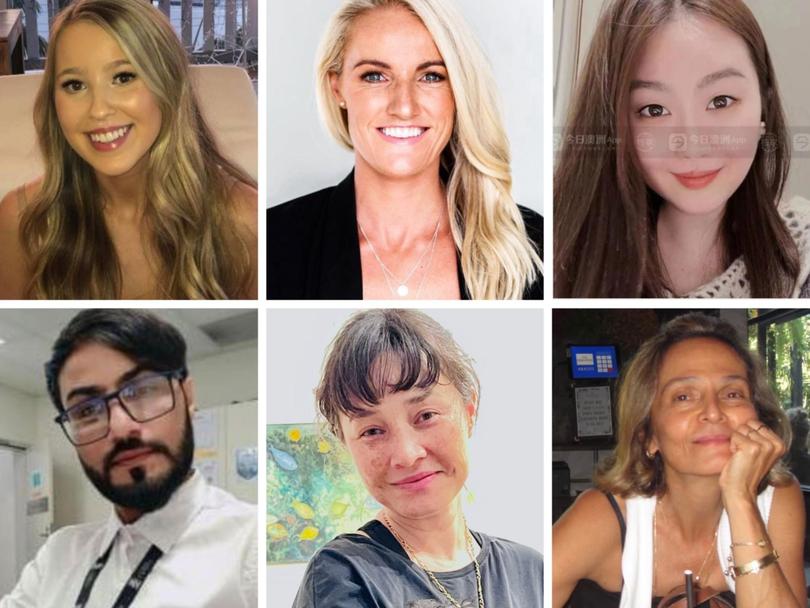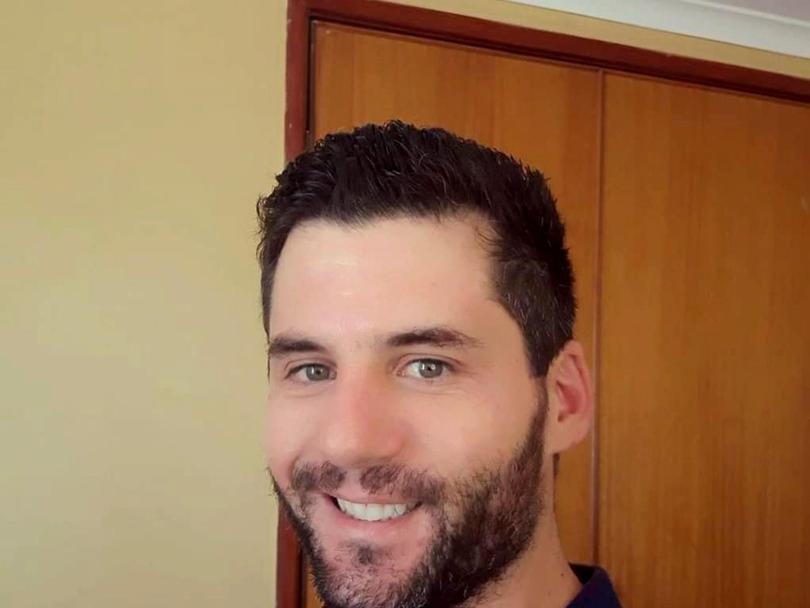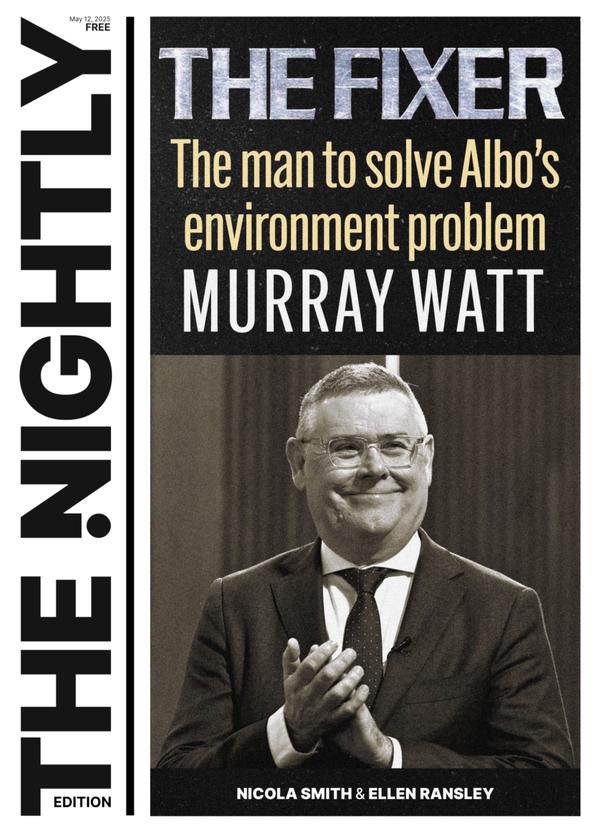Bondi Junction attack inquest updates: Killer Joel Cauchi’s psychiatrist breaks silence, apologising to families

A psychiatrist who treated killer Joel Cauchi has apologised to all those affected by the fatal Westfield Bondi Junction attack, acknowledging that “no words will ease the profound pain”.
Cauchi, 40, killed six people and stabbed another 10 during a stabbing rampage at Westfield Bondi Junction on April 13, 2024.
Dawn Singleton, Yixuan Cheng, Faraz Ahmed Tahir, Ashlee Good, Jade Young and Pikria Darchia died in the incident.
Sign up to The Nightly's newsletters.
Get the first look at the digital newspaper, curated daily stories and breaking headlines delivered to your inbox.
By continuing you agree to our Terms and Privacy Policy.Cauchi’s private psychiatrist, known as Dr A, arrived at the Coroner Court in Lidcombe on Tuesday to give evidence to the five-week coronial inquest.
She began by apologising to the families of all those affected by the tragedy.
“I would like to say to the victims, their families, Joel Cauchi’s parents, friends and everybody that I offer my sincere apologies …. that this tragedy has happened,” she told the court.
“I am aware that no words will ease the profound pain, suffering and grief felt by myself and everyone involved.”
Dr A said the attack had “devastated” her personally, and the inquest had her full support.

Cauchi was diagnosed with schizophrenia when he was 17 and was medicated for more than a decade to treat the condition until he stopped taking all psychotropic medication in 2019.
Counsel assisting the coroner, Peggy Dwyer SC, earlier noted that she didn’t want to stigmatise schizophrenia, and most people with the condition “will never commit an act of violence”.
Cauchi was treated in the public system in Toowoomba from 2001-2012 until he was transferred to the care of Dr A.
He saw the psychiatrist about once a month, and his dose of the antipsychotic drug, clozapine, was gradually lowered until he ceased taking it in June 2018.
Cauchi had raised concerns about over-sedation.
His dose of the antipsychotic drug abilify to treat obsessive-compulsive disorder was also ceased the following year.
One of his treating nurses, who can only be known as RN2, on Monday told the court that patients on clozapine were closely monitored due to potential life-threatening side-effects, and it was a general aim to keep the dosage of the medication low.
The lowering of Cauchi’s dose was initially to manage side effects rather than to end it completely, she told the court.
She also couldn’t recall having experience with any other patients where the dosage was stopped without them being prescribed a different antipsychotic medication.
Cauchi’s mother raised concerns several times from October 2019 about her son’s mental health decline, and while Dr A gave him scripts for abilify and rexulti that year, he did not take them.

Cauchi moved to Brisbane in 2020 and unsuccessfully tried to join a Skype session with Dr A.
When the clinic discovered he’d moved to Brisbane, they believed he wasn’t eligible for Medicare Skype appointments or nursing support.
Cauchi didn’t want to attend appointments in person due to difficulties travelling, so the clinic cancelled the appointment.
The court was told staff contacted him over a referral to a Brisbane GP, but he told them he didn’t have one yet and would keep them posted.
Dr A then discharged Cauchi into the care of his Toowoomba-based GP, which “signified a rather sudden end to Cauchi’s treatment by Dr A after what had been consistent treatment and attendance over eight years”.
More to come …
Lifeline: 13 11 14.
If you or someone you know needs help, phone SANE Australia Helpline on 1800 18 SANE (7263).
Young people seeking support can phone beyondblue on 1300 22 4636 or go to headspace.org.au.
